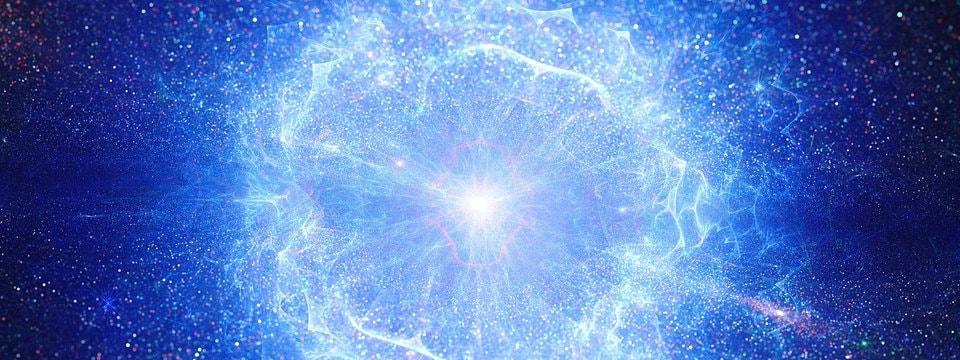The focus of this brainstorming workshop is to bring together experts in the field of high-energy astrophysics, with special emphasis on the physics of core-collapse supernovae and neutron stars. It involves aspects of numerical relativity, neutrino radiative transfer as well as associated weak processes, and the equation of state of hot and dense matter under extreme conditions and the understanding observations of multi-messenger signals. This concerns gravitational waves and neutrinos, which require state of the art modeling combined modeling of all the aforementioned phenomena.
This brainstorming workshop aligns with the forthcoming results of the most recent gravitational-wave (GW) observations, specifically from the O4 run of advanced LIGO-VIRGO and the Japanese KAGRA detector, projected for conclusion by the end of 2024. A profound understanding of the growing amount of data necessitates inter-disciplinary expertise in astrophysics and astronomy, numerical relativity, as well as nuclear and particle physics experiment and theory, which is essential for grasping the physics implications of multi-messenger observations associated with the GW detections. This workshops aims at defining the next milestones in the field and to foster future collaborations.
The event is jointly organized by the Institutes of Theoretical Physics of the University of Warsaw and of the University of Wroclaw.
Topics
-
Detection of multimessenger signals: gravitational waves and neutrinos
-
Equation of state for compact stellar objects
-
Simulations of neutron stars and core-collapse supernovae
Scientific Advisory Committee
Dr. Takami Kuroda (Max-Planck Institute for Gravitational Physics Potsdam)
Prof. Jerzy Lewandowski (Institute of Theoretical Physics, University of Warsaw)
Prof. Pok Man Lo (Institute of Theoretical Physics, University of Wroclaw)



